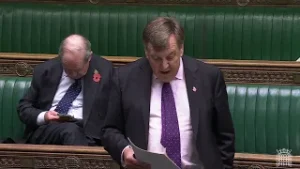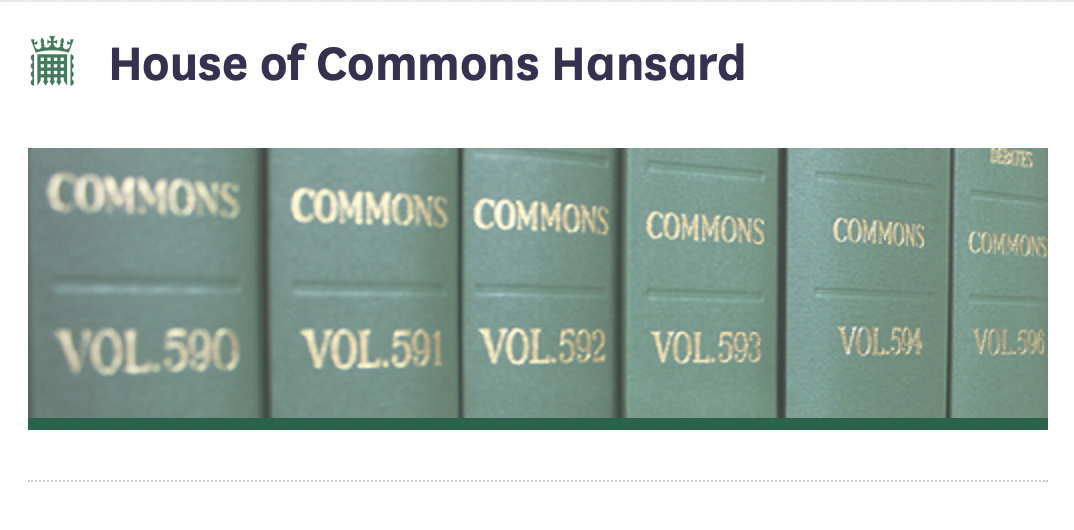John Whittingdale
(Maldon) (Con)
I fully support the measures contained in the SI, although I regret their necessity. In 2018 I led the British Group of the Inter-Parliamentary Union delegation to Belarus. We went there because at that time there was an assessment that Belarus might be inching slightly further away from Russia, and that there were some signs of hope that Belarus was moving towards a more democratic society. Those were entirely dispelled at the subsequent election in 2020, which the Organisation for Security and Co-operation in Europe ruled was neither free nor fair, and involved massive and systemic violations and abuses of human rights.
Belarus has an appalling human rights record. It has a history of murdering opposition activists and independent journalists. It was cited as having the worst environment for journalists almost in the world. We particularly remember Pavel Sheremet, the opposition journalist who exposed corruption in Belarus, and was then blown up in his car. I welcome the fact that, at the parliamentary assembly of the OSCE in July, which was hosted by the UK in Birmingham and at which I led the UK delegation, the Government took the decision to refuse visas not just to the Russian delegation, but to the Belarus delegation. Both remain members of the OSCE. The Government quite rightly said that Members of Parliament from those two countries should not be issued with visas in order to attend. We did hear at the assembly from Belarus Free Theatre, which is one of the campaigning organisations subject to repression in Belarus but which nevertheless does a fantastic job outside the country in highlighting some of the abuses going on.
I share the views of my hon. Friend the Member for Basildon and Billericay and the Opposition spokesman, the hon. Member for Cardiff South and Penarth, that we could be going further in terms of sanctions against individuals. The Magnitsky sanctions were specifically introduced to target individuals who we know are guilty of human rights abuses; there are plenty of those in Belarus, particularly in relation to some of the atrocities that I have mentioned, and therefore, as well as the measures that we are looking at today, there is scope for further, targeted sanctions against those individuals who we know are committing human rights abuses.
I also highlight the genuine concern felt in the Baltic states. The so-called Suwalki gap is about 60 miles. It is the strip of land between Belarus and Kaliningrad, which is under Russian occupation. It is a very short space and, should it be occupied by Russia, it would cut off all three of the Baltic states from the rest of the world. The Baltic states genuinely fear the Russian deployment of troops in Belarus; they see it as a direct threat.
For all those reasons, the sanctions are welcome, and I share the view that, in some ways, they should have been introduced sooner. However, while it is absolutely right that we make clear that Belarus’ support for the Russian invasion of Ukraine is wholly unacceptable, we need to go further. This is not just about stopping Belarus supporting Putin in Ukraine; we need to ensure that sanctions remain in place until we achieve a free and democratic Belarus because there should be no doubt that Belarus is a puppet state of Russia. They have ruthlessly suppressed all opposition and attempts to instil democracy and, until we can change that, these sanctions need to remain and, if anything, we need to look to strengthen them in time.

